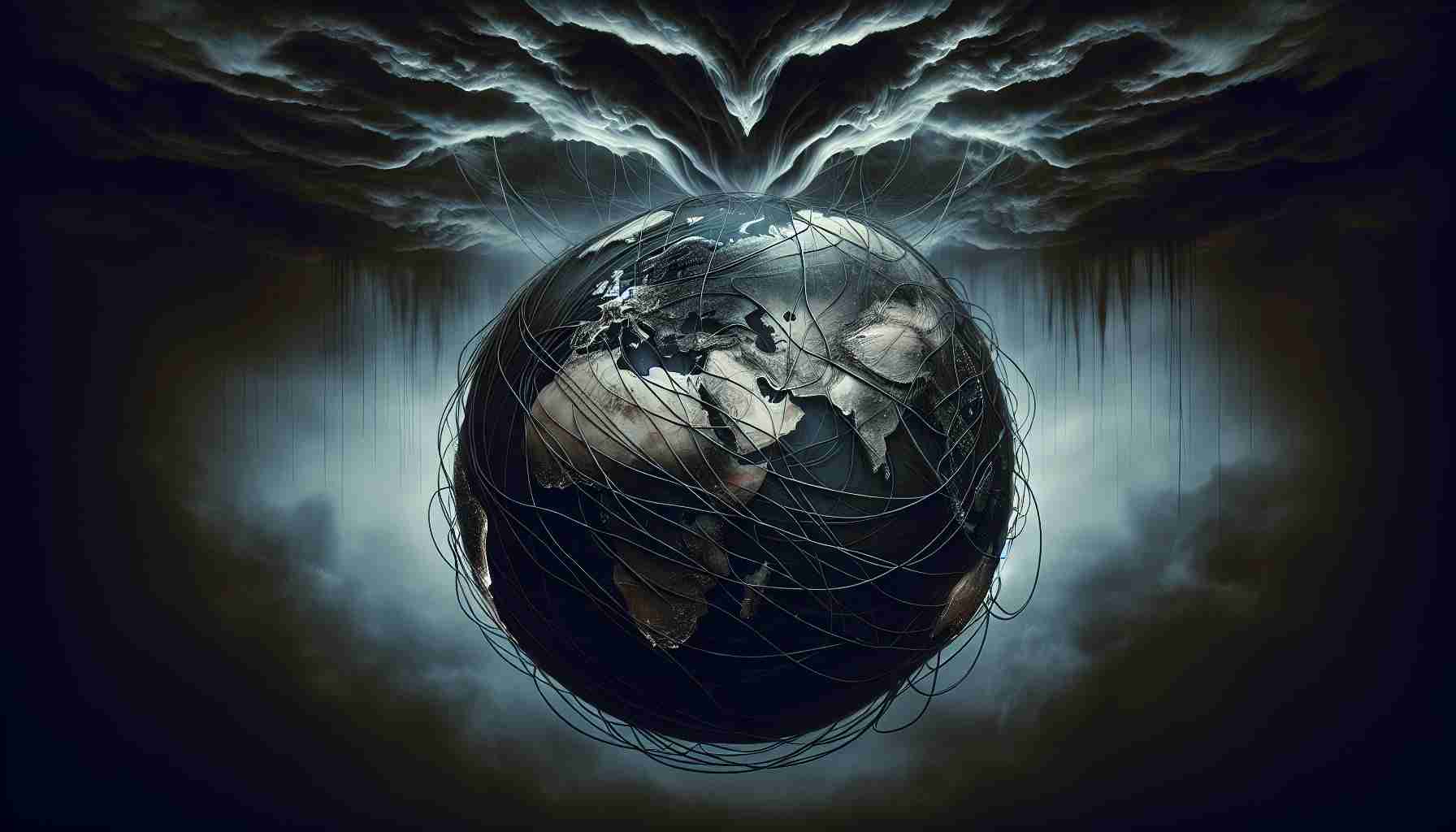Geopolitical Standoffs and the Specter of Worldwide Conflict
The legacy of the Second World War’s ravages has perpetually haunted the collective consciousness of humanity. With the progression of military technology and power shifts among nations, there is mounting speculation on the prospect of a Third World War. One salient catalyst for such a global conflict could be the frictions between world powers like the United States, China, and Russia, with their heated competition for trade supremacy, regional sway, and military prowess.
Flashpoints with Potential for Global Escalation
The economic and military wrangles between the US and China, coupled with their growing capabilities, are ripe for possibly widening into a larger feud. Likewise, the Middle East’s instability remains a hotbed for potential conflict, impacted by the Israel-Palestine strife, Syria’s civil woes, and Iran’s regional interventions.
The Calculus of War in the Age of Advanced Technology
Technological advancements have not only transformed military strategies but also allowed for predictive analyses of conflicts. As such, artificial intelligence has been utilized to envision scenarios that could lead to another world crisis.
Nuclear Ambitions and Maritime Disputes as Tripwires
North Korea’s nuclear ventures and military brinksmanhips are a source of tension in Asia, where a misstep could lead to an international military response. In addition, the South China Sea disputes exacerbate regional tensions, with China’s expansive claims clashing with those of its neighbors, risking naval clashes.
The Precarious Balance of Modern Warfare
With Europe already shaken by Russia’s invasion of Ukraine, the potential for NATO’s involvement looms large. Furthermore, the existence of nuclear arsenals adds a hair-trigger element to international standoffs, where any large-scale aggression could rapidly escalate into a disaster. The resurgence of nationalist and extremist ideologies worldwide heightens the bellicose rhetoric and inclination towards using military might. Meanwhile, the competition for essential resources like water and energy poses yet another threat to global stability.
Global Risks and International Relations
The contemplation of a Third World War is often linked to the historical context of geopolitical tensions and competing interests that could escalate beyond control. Countries are continuously vying for strategic positions—economically, technologically, and militarily—wielding significant influence on the global stage.
Challenges and Controversies
One of the key challenges in global tensions is cyber warfare, which was not mentioned in the article. Nations are increasingly facing cyber-attacks that could undermine essential infrastructure or interfere with democratic processes. Additionally, the spread of misinformation and propaganda through social media is also a significant issue that exacerbates conflicts and misshapes public perceptions internationally.
Another controversy relates to the role of international organizations like the United Nations in de-escalating conflicts and promoting diplomacy. The effectiveness of such institutions and whether they can adapt to the contemporary security landscape is an ongoing debate.
Key Questions
How can the global community prevent the escalation of regional conflicts into a worldwide confrontation?
What can be done to mitigate the risk of nuclear proliferation and ensure the responsible use of advanced military technology?
How might climate change and resource scarcity influence global security and potential conflict?
Advantages and Disadvantages
Advantages of the current global security architecture include the presence of mutual defense alliances such as NATO, which may deter aggressive actions through collective security, and the use of economic sanctions as an alternative to military engagement.
Disadvantages, on the other hand, tend to involve the proliferation of nuclear weaponry which makes the cost of potential conflict much higher due to the risk of widespread destruction. Additionally, complex alliances and treaties can create a web of obligations that might drag multiple nations into a conflict inadvertently.
For credible sources and additional information regarding international relations and global tensions, visiting reputable news organizations and international policy think tanks is advisable. For example, one might consider visiting sites such as:
United Nations for updates on diplomatic efforts,
Council on Foreign Relations for analyses on global issues,
or
BBC News for international news coverage.
Always ensure that the URLs provided are correct and lead to legitimate and reliable sources.

